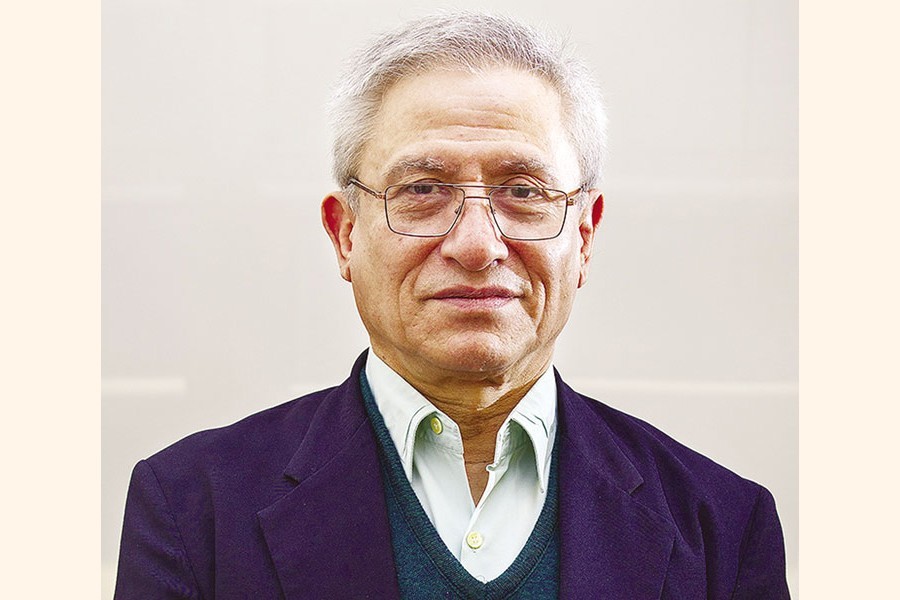FY 2021-22: Budget thoughts
Sectors that contribute most shouldn't be targetted: Zahid Hussain

Published :
Updated :

Firefighting and recovery efforts on both health and economic fronts ought to be the central features of the budget for the next fiscal year (FY 2021-22), Dr Zahid Hussain, one of the country's leading economists, said during an exclusive interview with the FE recently.
Dr Hussain, who worked as the lead economist at the Bangladesh office of the World Bank, opposed the idea of burdening a few major sectors that have been fetching handsome revenues for the government.
"It is not a good idea to target sectors that are contributing most for even greater revenues. You risk killing the goose laying the golden eggs. Trying to squeeze more from those who are already paying sends absolutely the wrong signal", he said.
Dr Hussain felt that the scope of raising tax rates under the prevailing circumstances is very limited to boost revenue. He laid particular emphasis on rationalization of rates and administrative improvements through digitisation.
He said despite its notable recovery in many areas during the first eight months of the current fiscal, the economy was not 'out of the woods'. Yet excesses committed in mobility and assembly, followed by a 'thoughtless lockdown' has seriously hurt the process of economic recovery.
Terming the budget for FY'21 as a business-as-usual one, Dr Hussain said the budget did contain reform initiatives in many areas, but there was a lack of enthusiasm to execute those.
He referred to the slow progress made in the execution of some essential projects that were designed to meet health emergencies. Because of the failure, he said, the virus has caught the country's health system unprepared once again.
On the transfer of cash to the poor people under the government's safety net programme, Dr HUssain has identified the mobile money transfer as an effective tool. Mobile payment platforms help reduce corruption, improve efficiency and broaden financial inclusion, he noted.
Recalling the great contributions that agriculture has been making to the life and livelihood of millions, Hussain, who did his PhD in Economics from Boston University, noted with regret the difficulties the scam-scale farmers face in disposing of their produce.
In the event of bumper harvest, he said, these farmers are compelled to sell their produce at slumping prices in the local markets, if they failed to store the surplus produce themselves. Dr Hussain suggested offering policy support to improve storage capacity at the local level, increase productivity, agricultural diversity and food security.
He also pleaded for creating alternative marketing opportunities and labour-movement facilities during the pandemic. Other issues, he felt deserved the attention of the policymakers, include technology upgrading, improvement in the flow of market information and food and non-food value chain competitiveness.
Dr Hussain finds the corporate tax rates in Bangladesh too high and this discourages both foreign and domestic investment. But, he said, corporate tax should be 'activity neutral'. He is also opposed to different tax rates for listed and non-listed companies since it discriminates against small companies that the government is promised-bound to promote.
Jasimharoom@yahoo.com


 For all latest news, follow The Financial Express Google News channel.
For all latest news, follow The Financial Express Google News channel.